Tony Abbott has long been a gift to journalists, particularly those writing for readers in Britain. At the start of the election campaign, I referred to him in stories as the ‘British-born, Oxford-educated former boxer otherwise known as the “mad monk”’. This was bulky, I admit. Over time, I lost the reference to the ‘mad monk’ and then I dropped the ‘Oxford-educated’. But I have still found it hard not to refer to him as the ‘British-born former boxer’. As the campaign wore on, I began to tack on ‘and the election favourite’.
As a correspondent for a foreign newspaper, it is interesting to see which politicians are willing to do interviews. Early on, I was keen for an interview with Thérèse Rein, who has extensive business interests in Britain. She was very polite and at first suggested via email that she would agree to do an interview — and certainly Kevin Rudd’s office understood from her that she would — but she was about to head to Jakarta. I convinced my editor to hold off the profile for a week — it was for the Sunday paper — and told Ms Rein that I would come to meet her in Canberra or Brisbane or wherever she might be. The days wore on and she refused to commit to a time and place. Eventually it seemed clear to me — and, I think, to Mr Rudd’s office — that she neither wanted to do an interview nor wanted to tell me that she did not want to do an interview. We ran the profile without her.
I also asked for an interview with Matthew McGregor, the British ‘digital attack dog’ who worked wonders for Barack Obama and was brought to Australia to assist Kevin Rudd; he refused. I tried for interviews with both Rudd and Abbott. Rudd’s office was more obliging about the prospects of grabbing him on the election trail, but in the end I did not go out with him, partly because of the exorbitant costs (the pound is not at its strongest).
A peculiarity of this campaign was the extensive involvement of the children of both candidates. In British politics, at least in recent times, the children have largely been kept away from the public, partly because they have been so young. Australia seems to have moved the other way. I remember seeing Jessica Rudd out on the campaign trail with her father in 2007 and wondering what would make her want to walk shopping malls on her father’s behalf. This time she took to Twitter while her brothers worked on the campaign; anyone following the campaign would be able to name her daughter. Meanwhile, Frances and Bridget Abbott were everywhere, including defending their father’s ‘sex appeal’ gaffe.
The only child not to get involved was Abbott’s eldest daughter, Louise, who has been living in Switzerland and only arrived back for the final days of the campaign. It was sad, in a way, that her absence could not be taken as a norm and instead prompted rumours about her loyalties. My father was a periodontist and I am grateful to him for letting me play on the dental chair and never having expected me to hand out how-to-floss pamphlets.
Other peculiarities: campaign launches in the last week of the campaign, the 1.02-metre Senate ballot, the virtual kidnapping of the travelling media pack, mandatory voting (with its $20 [£12] fine), Clive Palmer, Rudd’s use of the word ‘operationalisation’ and Abbott’s plan to buy boats from Indonesian villages.
I wonder if anyone aside from me, David Flint, Malcolm Turnbull and the other British media correspondents noticed that one issue that made almost no appearance in the campaign was the republic. Abbott was once executive director of the constitutional monarchists (and I admit that I sometimes also referred to him as a ‘staunch monarchist’ or a ‘staunch Catholic’, or both), yet the issue did not arise. This might have been the new baby prince’s small contribution to the campaign, or maybe the issue was drowned out by the debate over same-sex marriage; either way, the apathy probably favoured Abbott.
Like most of the other journalists, I ventured out to western Sydney for a story on Labor’s dying heartland. I went to the seat of Greenway and spoke to voters at a shopping mall in the suburb of Seven Hills which was lined with ‘Indo-Lankan’ food bars. This was the seat being contested by the Liberal candidate, Jaymes Diaz, who could not remember any of the points of his six-point boats plan and was then said to have disappeared. But the ‘Where is Jaymes Diaz?’ headlines seemed to have got it right. Most of the people I spoke to didn’t know who the Liberal candidate was, even if they planned to vote for him. I approached a woman in a queue at one of the Indo-Lankan places for an interview and she turned out to be a reporter for Channel Nine. ‘My cammo told me this is the pick of them,’ she told me, before ordering some butter chicken. I spoke to the man behind her who said he was voting Liberal but thought Abbott was a ‘creep’. I did some more interviews and then ordered a masala dhosa.
Got something to add? Join the discussion and comment below.
Get 10 issues for just $10
Subscribe to The Spectator Australia today for the next 10 magazine issues, plus full online access, for just $10.
Jonathan Pearlman is the Australian correspondent for the Daily Telegraph in the UK and the Straits Times in Singapore.
You might disagree with half of it, but you’ll enjoy reading all of it. Try your first month for free, then just $2 a week for the remainder of your first year.

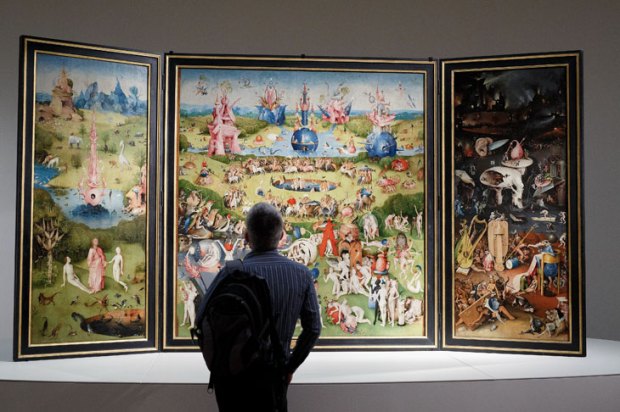
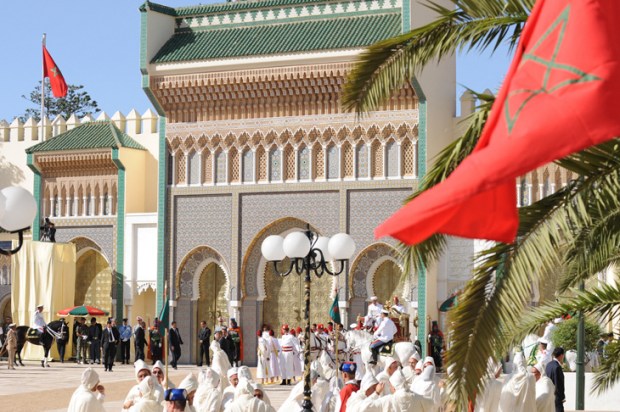
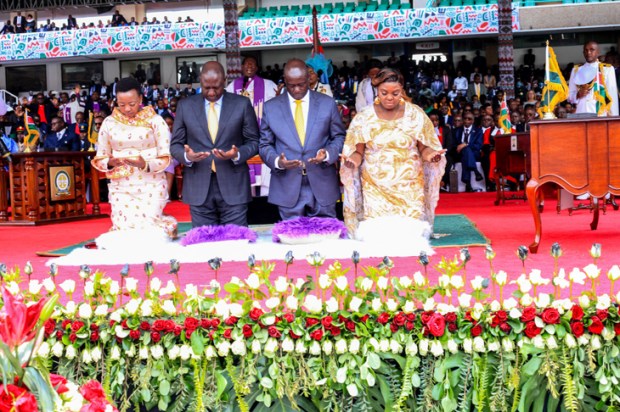
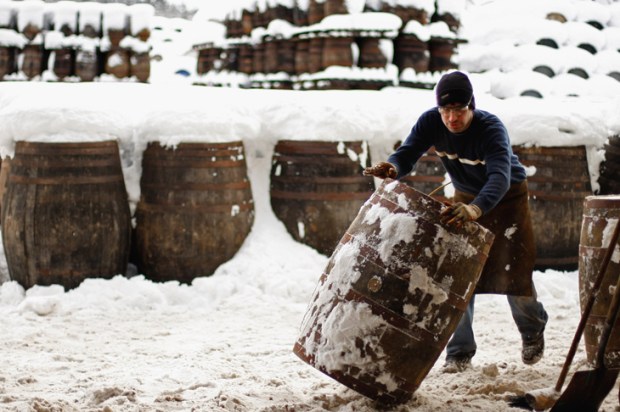
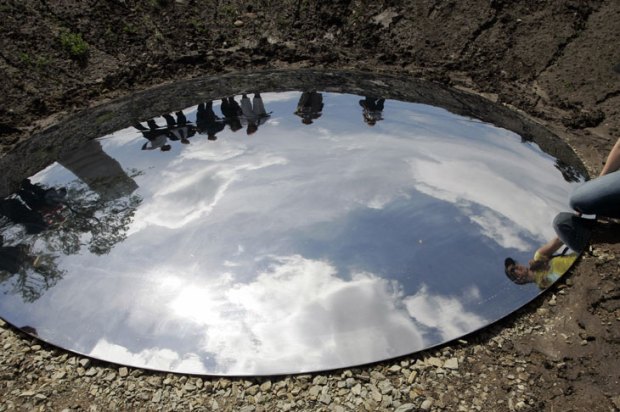
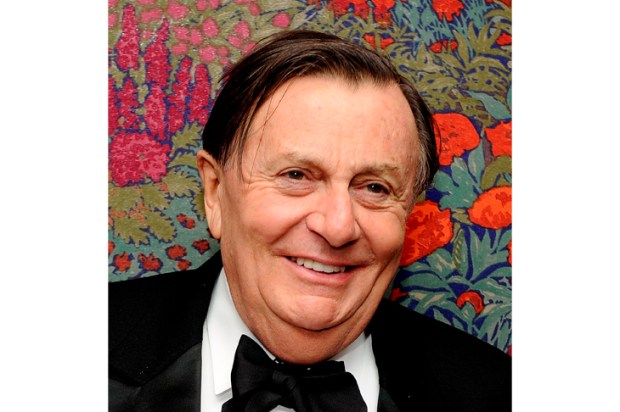






Comments
Don't miss out
Join the conversation with other Spectator Australia readers. Subscribe to leave a comment.
SUBSCRIBEAlready a subscriber? Log in